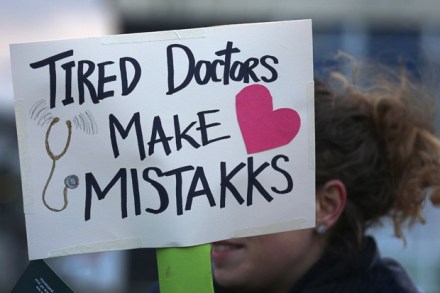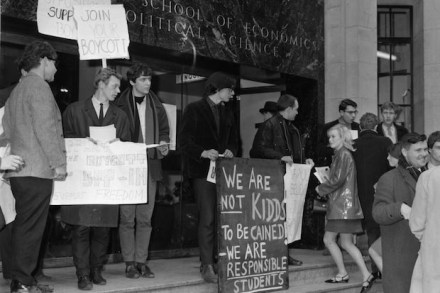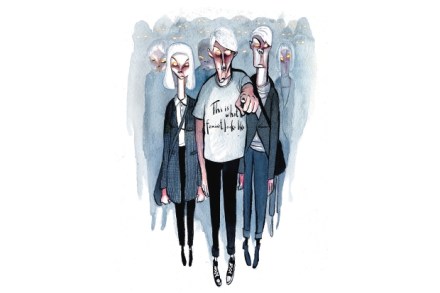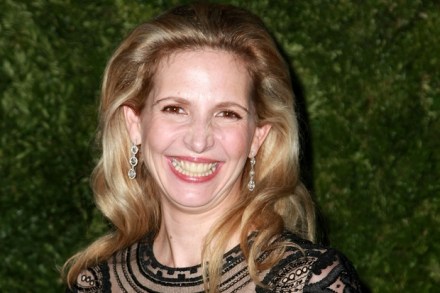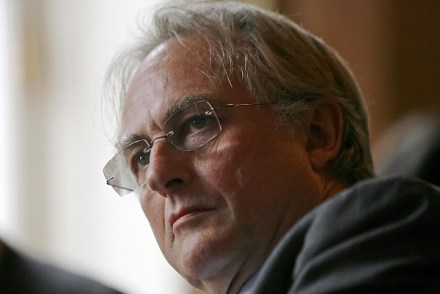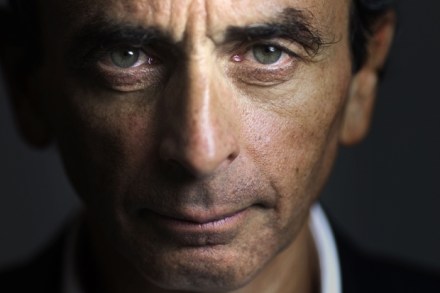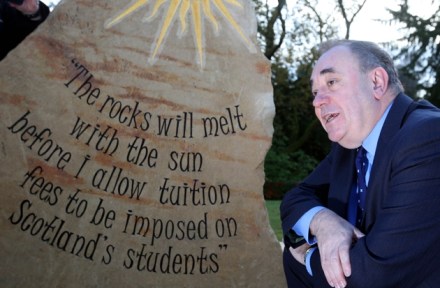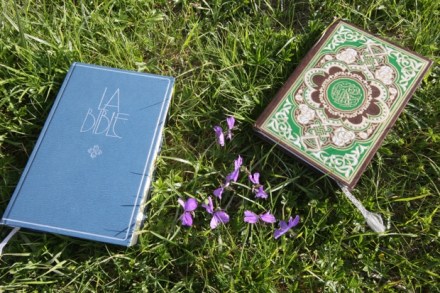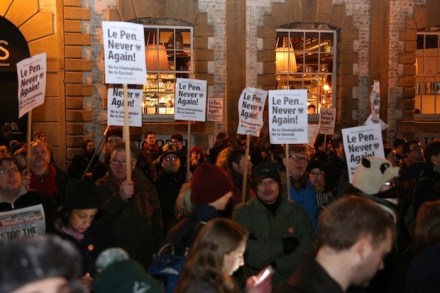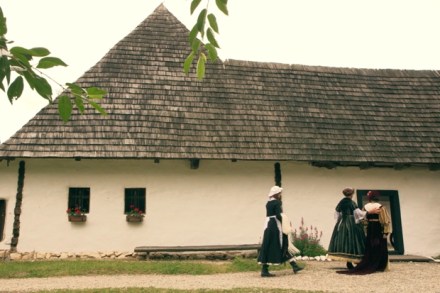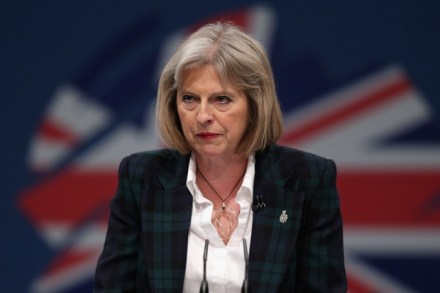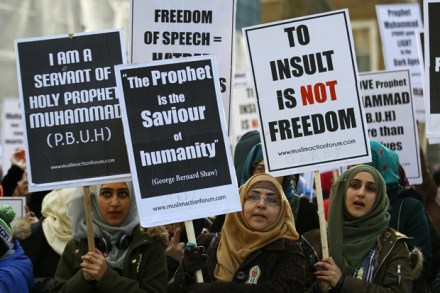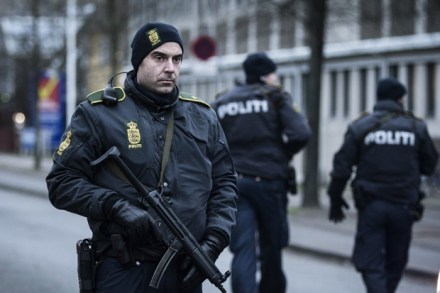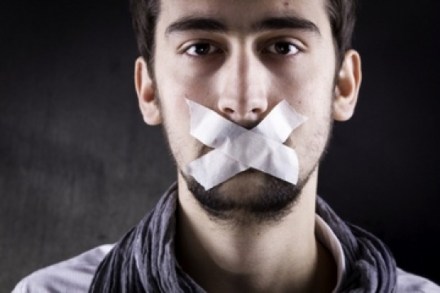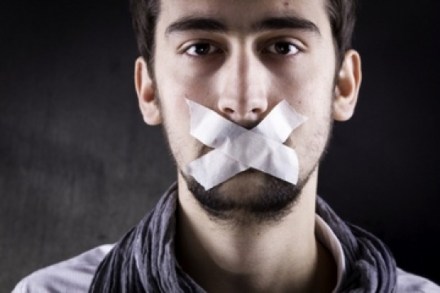Death watch | 14 April 2016
All this week Radio Five Live has been giving us an insight into what it is like not just to confront death every day but also to know that a minor error on your part might end a person’s life. In Junior Doctors’ Diaries on Sunday night, Habiba, Andrew and Jeremy took us inside their daily round, followed by updates throughout the week on Phil Williams’s night-time show. It’s been a timely reminder (politically motivated or not) of how much we need good doctors, and how sad it is that so many of them have felt driven to go on strike. Sad because it’s actually a reflection of how undervalued
